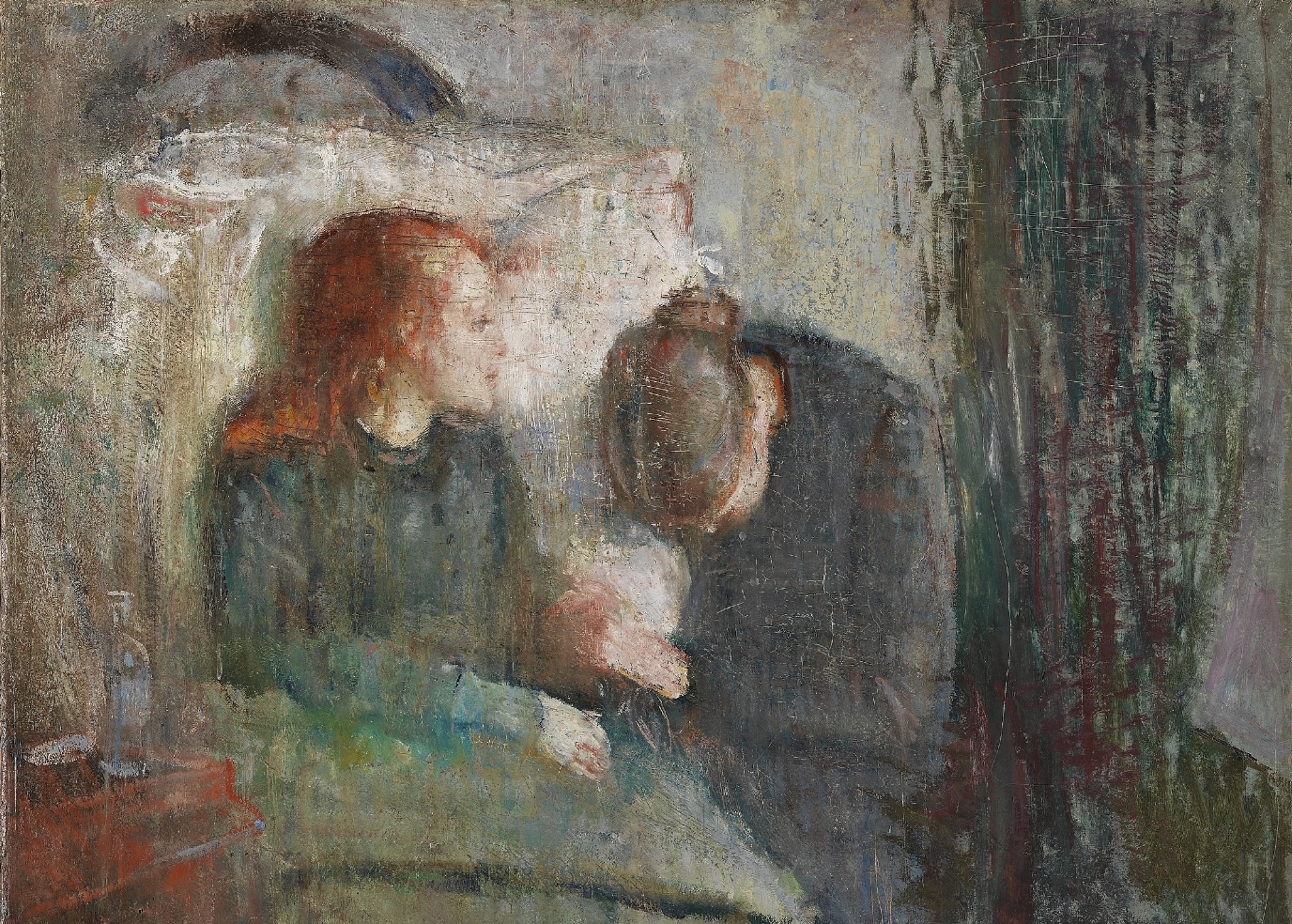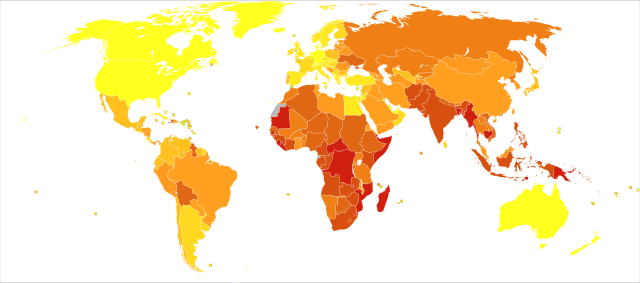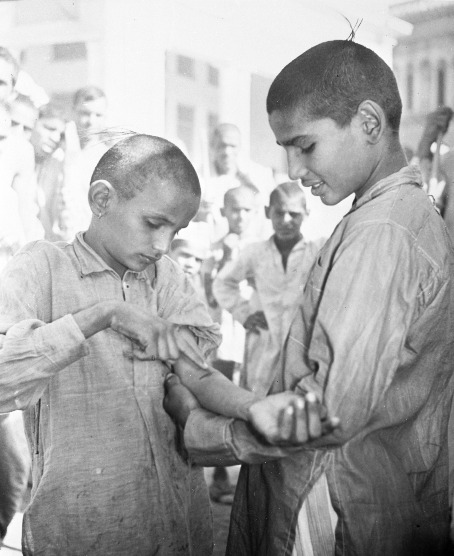Tuberculose is opnieuw de dodelijkste infectieziekte

De Wereldgezondheidsorganisatie (WHO) heeft bekendgemaakt dat in 2023 tuberculose (TB) terug is als nummer 1 op de lijst van dodelijkste infectieziekten: er stierven dat jaar 1,25 miljoen mensen aan TB, waarmee covid-19 na de pandemiejaren van deze plek is gestoten.
FSE Science Newsroom | Tekst René Fransen, beeld Leoni von Ristok
Verschillende onderzoekers van de Faculty of Science and Engineering (FSE) van de RUG hebben gewerkt aan TB. Hoogleraar Organische Chemie Adri Minnaard doet dit al zo’n vijftien jaar. Hij heeft bijgedragen aan de zoektocht naar een effectiever vaccin en betere diagnostiek. Daarvoor bouwt hij onder meer stukjes van de tuberculose bacterie, die hij beschikbaar stelt aan iedereen die ze nodig heeft voor onderzoek naar vaccins en diagnostiek.


TB vaccin
Samen met internationale collega’s heeft hij betere testen ontwikkeld voor TB, daarover lees je meer in het artikel 15 jaar moleculen bouwen tegen tuberculose: op naar laagdrempelige tests voor ontwikkelingslanden.
Minnaard werkt ook aan een TB vaccin, samen met prof. Branch Moody (Harvard University, VS) en Dr. Ildiko van Rhijn (Universiteit Utrecht). Voor dit werk ontvingen zij de Ammodo Science Award van 1,6 miljoen euro.
In 2023 maakten Minnaard en zijn collega’s een overzicht van vetachtige moleculen van tuberculose-bacterie, om verbindingen te vinden die de afweer prikkelen. Deze informatie kan gebruikt worden voor de ontwikkeling van vaccins of behandelingen tegen tuberculose.
In het lab van RUG Nobelprijs winnaar Ben Feringa gebruikte Jeffrey Buter een ‘Legoblokjes aanpak’ om door licht geactiveerde moleculen te maken die de tuberculose bacterie kunnen aanpakken. Hij presenteerde zijn onderzoek in een aflevering van de podcast Noorderlicht, een productie van Science LinX, het science center van FSE.
Meer nieuws
-
17 februari 2026
De lange zoektocht naar nieuwe fysica
-
10 februari 2026
Waarom slechts een klein aantal planeten geschikt is voor leven
